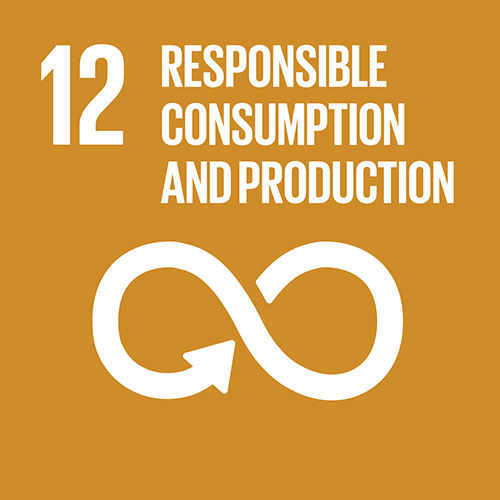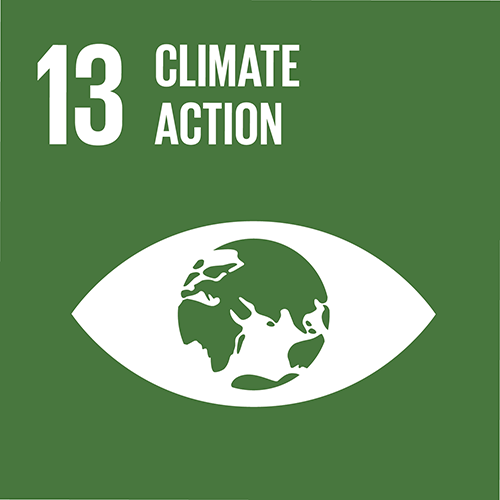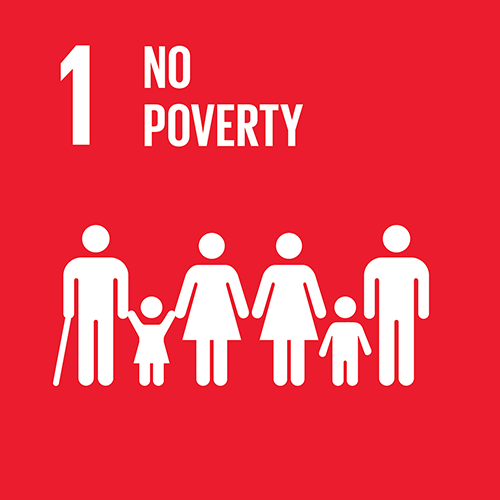Wood-Based Biomass Instead of Gas Boiler in Brazil

Project type: Biomass
Project location: Caeiras, Brazil
Project status: In operation, credits available
Annual emission reduction of the whole project: 16,800 t
This project decreases CO₂ emissions by installing a biomass boiler instead of a gas boiler to meet the heat demands of a new paper machine at a pulp and paper mill in Caieiras, Sao Paulo, Brazil. With the project, the use of ash as fertilizer in agriculture and forestry as well as the implementation of alternative ways to give value to biomass residues such as sludge from the pulp and paper production are being promoted, and local jobs are being created.
The mill produces around 43,000 tonnes of tissue paper articles such as hygienic paper, paper handkerchiefs, paper towels and napkins per year. Heat is a vital part of every pulp and paper production process and therefore a constant heat supply is essential for the mill to remain competitive.
The biomass boiler will be fed with renewable biomass and biomass residues from external agriculture, forestry and related industries, and with biomass residues from the mill’s own production process, some which are otherwise stockpiled.
The project helps with the promotion and use of innovative clean and efficient technologies as it is a show case for the rest of Brazil. It generates local income and promotion of employment opportunities in local communities due to the construction and maintenance of the plant; the collection, transport and sale of biomass residues; and services associated with the management of biomass residues. Moreover it helps to valorize regional biomass excess thereby helping avoid emissions from uncontrolled burning of these residues and also reducing the risk of forest fires.
The additional money from carbon finance is required as the project can be considered as first-of-its-kind since it is the first boiler that is able to burn sludge from the pulp and paper industry in Brazil. This has significant impacts on the design of the boiler, the required maintenance, the emission treatment system (enhanced) and the handling and mixing of the biomass fuel mix and it means that it has a higher probability of malfunctioning in comparison with a standard biomass boiler. Carbon finance will also be used for the building of a renewable energies educational center at the mill available to employees and community members.
What exactly are the CO₂ funds used for?
Even though the existing plant has already been built, it was possible thanks to the inclusion of CO2 funds in the design phase of the project. These funds would be used to overcome the uncertainties of being the first-of-its-kind and to cover the costs associated with potential failures and malfunctioning, as well as the additional maintenance and training costs, so that this project can be carried out and continue to be profitable. In addition, the Gold Standard registration in itself would give more credibility to this type of technology, which will be used to promote this kind of projects in Brazil and Latin America.
Project partners and implementers
The project is developed and implemented by Softys part of CMPC Companies, with more than 40 years of history, experience and track record. It is one of the largest tissue producer in Latin America. In 2009, it bought the company Melhoramentos Papéis, a tissue product manufacturer in Sao Paulo.
Monitoring, reporting and verification (MRV)
Gold Standard climate protection projects are monitored on an ongoing basis, meaning that the clean energy delivered from the project is measured and checked continuously using power meter, calibrated and approved by the corresponding local authorities. The associated monitoring report is verified by an independent auditor and submitted to the Gold Standard as a verification report. The strict monitoring procedures, training and local support help to maintain high quality standards throughout the project, ensuring that the pulp mill and the recycled paper plant is functioning. This ensures that the project is successful in the long term and that the emissions reductions generated by the project are correct. See more detailed information below under 'Documentation'
This project contributes to 5 SDGs*
*as at the end of 2024. Find out how myclimate reports these SDGs in our FAQ.
The following SDGs are verified by the Gold Standard:
792 GWh thermal electricity produced
29 jobs generated
86,378,415 m3 of natural gas avoided
CO2 reduction
These SDGs have been approved by myclimate:
R$ 172,329 Carbon Income for social development
Situation without project
Natural gas plants that emit CO₂ emissionsDocumentations
Project standard

Project number
7179











